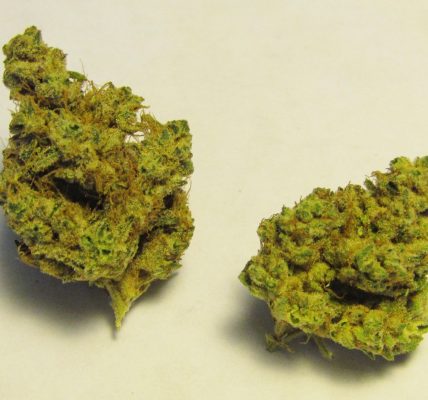North Carolina senators are renewing efforts to legalize medical marijuana, but it remains uncertain if the state House will support the measure.
A Senate bill initially focused on regulating hemp products saw a significant change on Wednesday when lawmakers added a provision to legalize medical marijuana. This amendment would allow doctors to prescribe medical cannabis to patients with “debilitating medical conditions” such as cancer or epilepsy.
This move comes as the U.S. Department of Justice considers reclassifying marijuana from a Schedule I to a Schedule III drug, acknowledging its medical benefits.
The original bill, aimed at regulating hemp products legal under federal law, passed a committee vote on Wednesday morning. Federal law permits the sale of hemp products with less than 0.3{d155401c9f5543f8138dc1769c3f5c029ac2c38547be62bd5af0b08231d0755d} delta-9 THC, a key psychoactive component in cannabis.

However, the bill was sent back to the Senate Judiciary Committee in the afternoon to include the 35-page medical marijuana provision. This new provision details requirements for physicians to prescribe medical marijuana, the process for obtaining a medical marijuana ID card, licensing for cannabis suppliers, and restrictions on smoking in certain areas.
Patients qualifying for medical cannabis would need written certification from a doctor.
The original hemp regulations remain, prohibiting sales to those under 21, requiring product testing before distribution, and mandating licenses to sell legal hemp products like THC gummies and cannabis-infused drinks.
Despite gaining traction in the Senate, the outlook in the House is unclear. Earlier this month, House Speaker Tim Moore stated that the bill lacked sufficient support.

“In no uncertain terms, there are not the votes in this caucus right now for this bill,” Moore said.
Senate Rules Chairman Bill Rabon, a strong advocate for medical marijuana, contacted Moore on Wednesday morning but did not receive a response. Rabon also spoke with other House leaders and caucus members about the amendment but remains unsure of their stance.
“I’m very optimistic, but I’m also very persistent,” said Rabon, a Brunswick County Republican.
The Senate previously attempted to pass medical marijuana legislation last year under Rabon’s leadership. Despite Senate approval, the bill failed in the House due to insufficient votes. Rabon, who used cannabis during chemotherapy for colon cancer, has been a vocal supporter of medical marijuana.
Currently, medical cannabis is legal in 38 states and the District of Columbia, according to the National Conference of State Legislatures.
The amended bill is scheduled for a Senate vote on Thursday and again on Monday, Rabon said.




